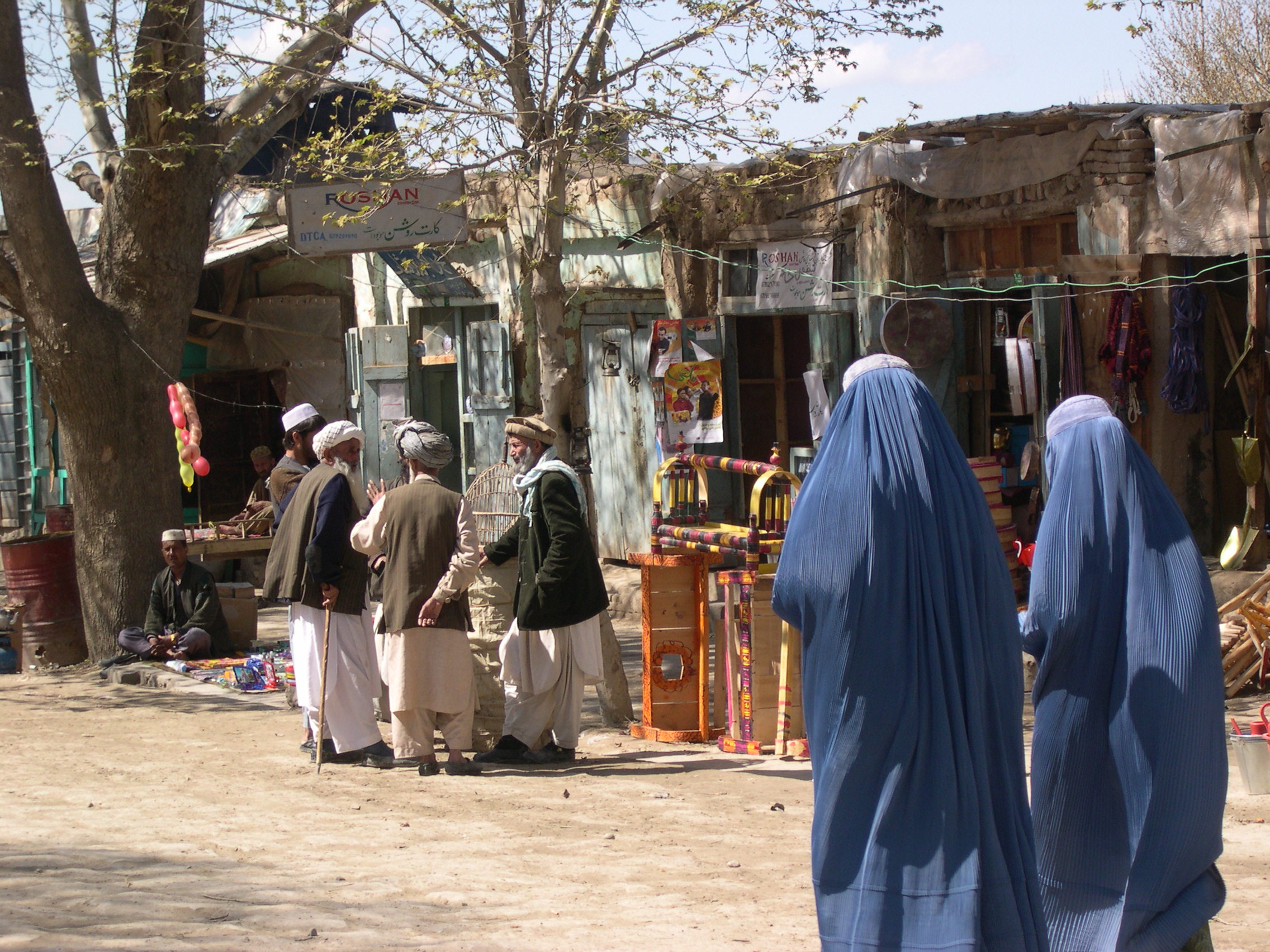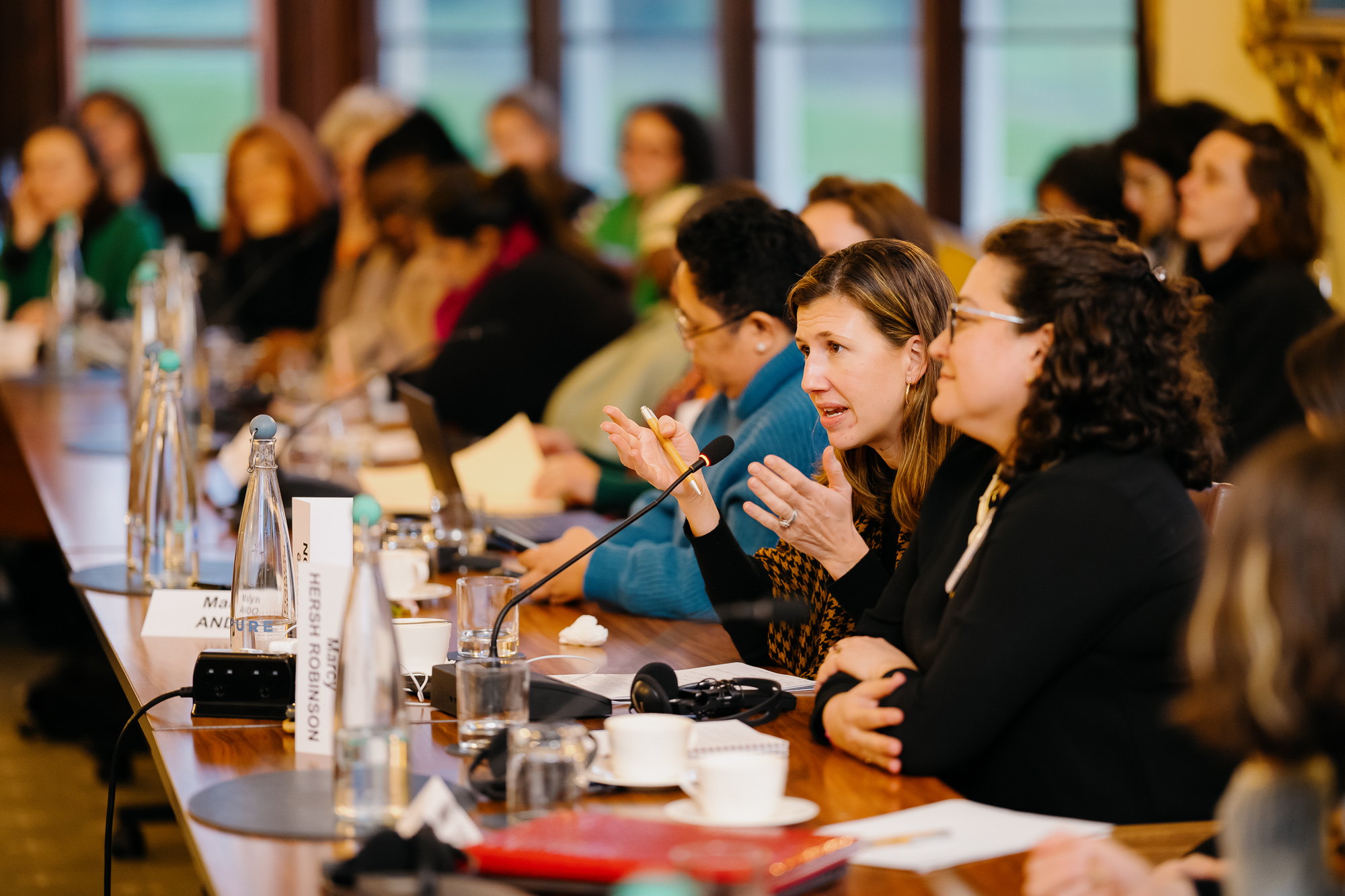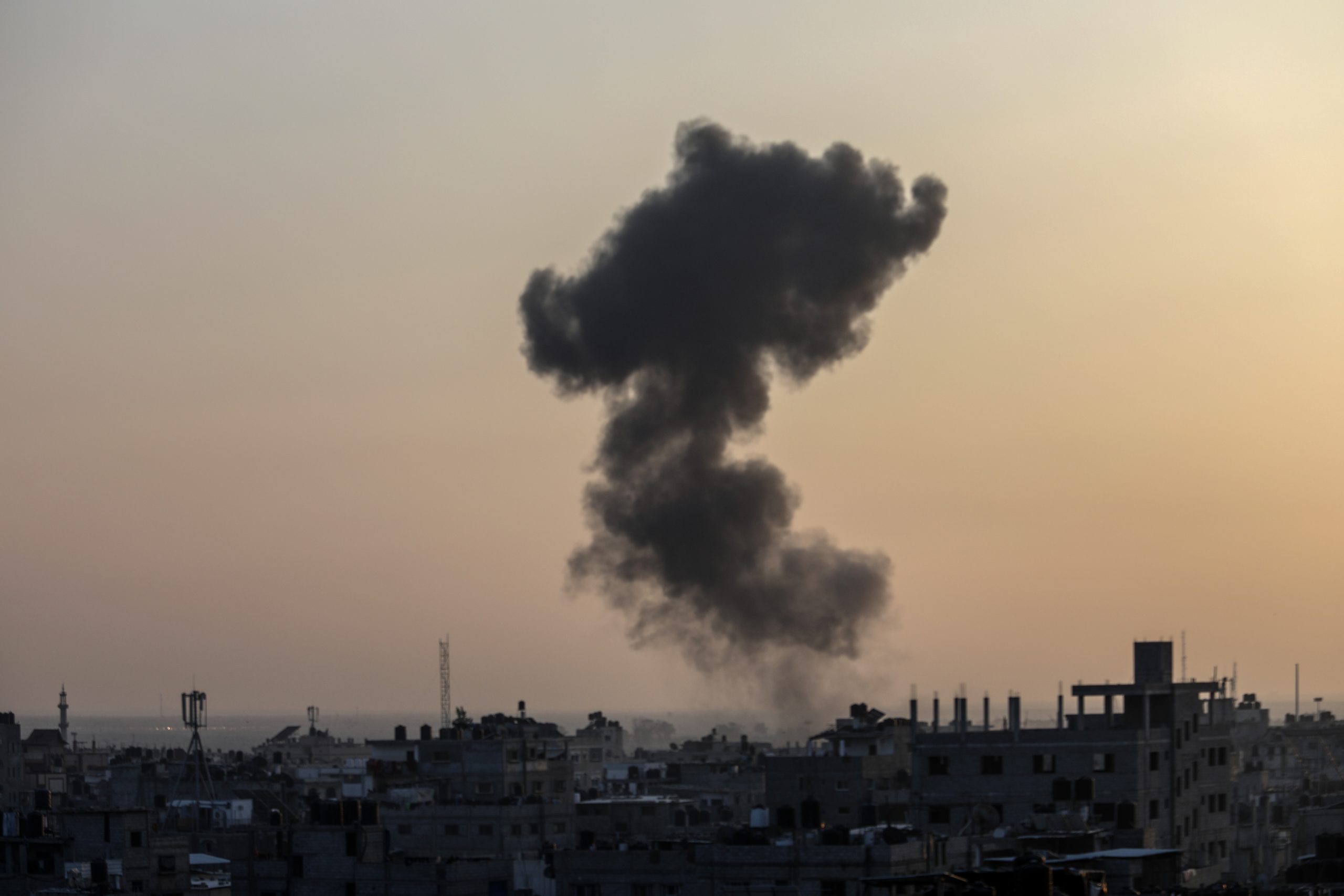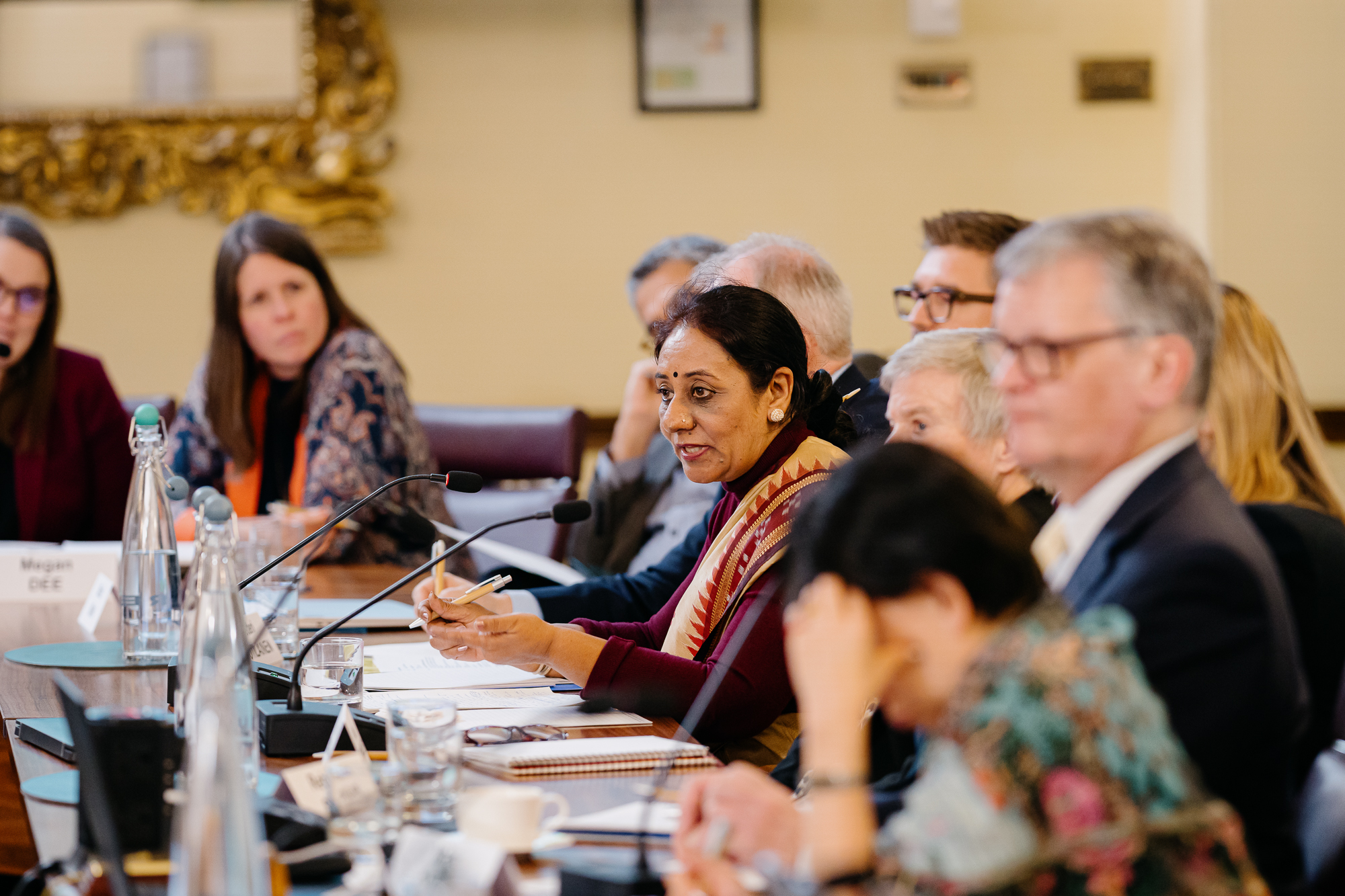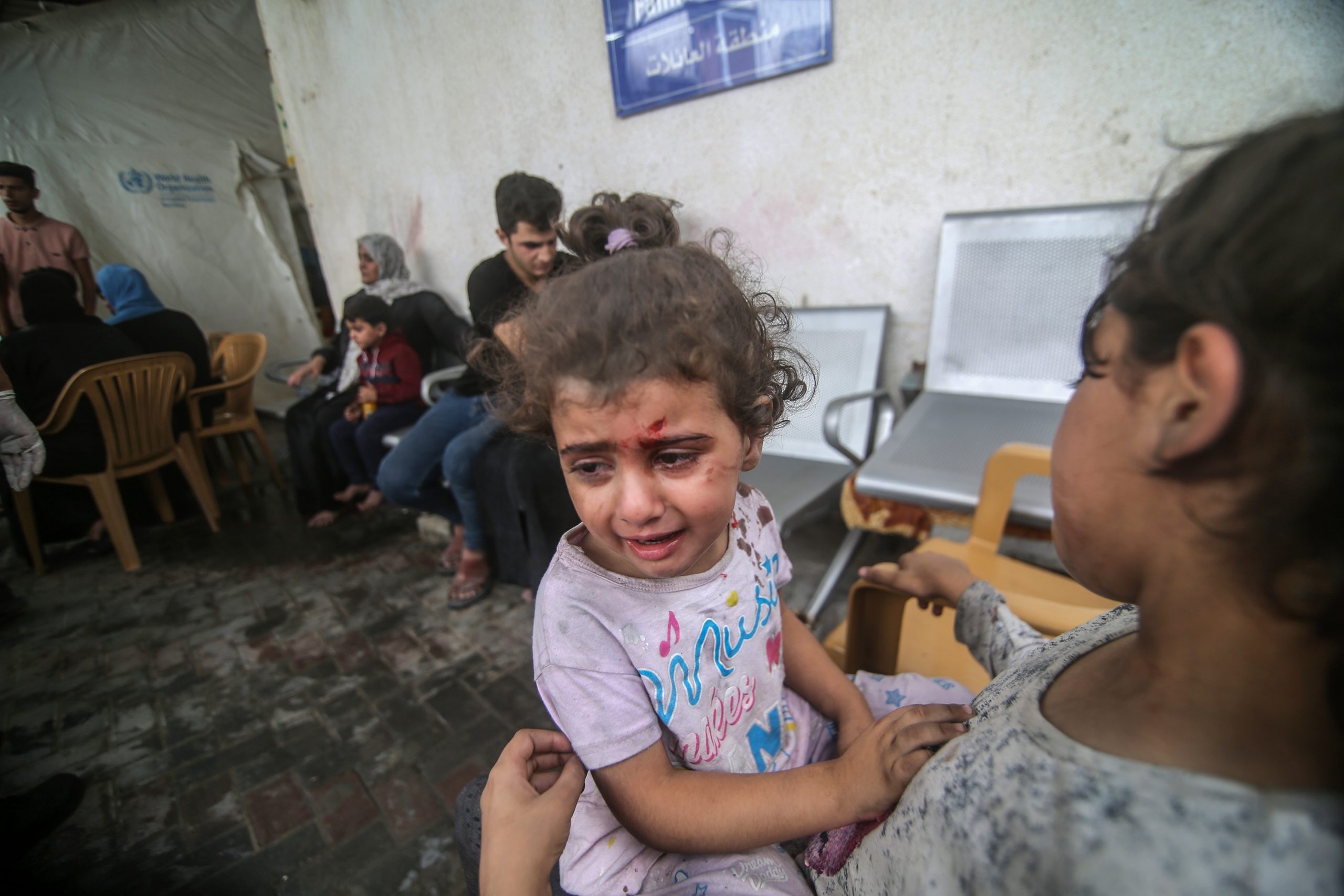Within the new SDG framework governments are committed to building effective institutions and significantly reducing violence. How states can best do this, what role aid should play in supporting it and how SDG commitments relate to previously agreed fragile states principles and the New Deal all require fresh thinking. 2016 is an opportune moment to take stock of approaches to conflict and fragility in the light of new commitments made to conflict prevention at the World Humanitarian Summit, and following the UN peacebuilding and peacekeeping reviews.
There is a growing perception that approaches to conflicts, fragility and statebuilding need to be fundamentally re-thought following setbacks in contexts such as South Sudan and across the Middle East. Donors including the UK and Australian governments are in the process of reviewing and updating their approaches to conflict, fragility and statebuilding. The World Bank and the UN are preparing a new report for 2017 on the role of development interventions in preventing conflict and violence. These debates need to be informed by high quality empirical research.
The UK is committed to increasingly focussing its aid on fragile and conflict affected places and has developed a new ‘building stability’ framework informed by its investments in research and evidence on fragility. DFID has funded a number of important multi-year research programmes focussed on conflict and fragility, which are coming to an end in 2016. The Secure Livelihoods Research Consortium (SLRC) is a 6 year global research programme on livelihoods and access to services in conflicts led by the Overseas Development Institute (ODI). The workshop will also be informed by leading researchers affiliated with the Justice and Security Research Programme, ReBuild and other efforts examining how to support peoples’ access to health and education and rebuild livelihoods in conflicts, and whether or not this contributes to legitimacy and statebuilding.
This workshop brought together hot off the press empirical research, practitioners and policy makers to have in depth discussions about how to improve the policy and practice of international engagement and domestic action in places affected by conflict. There was a particular geographic focus on the most difficult situations of conflict and fragility, where conflicts are ongoing and state authority is contested including South Sudan, Somalia, Afghanistan, and the Middle East.
The event enabled fresh thinking within a neutral, confidential and collaborative environment to inspire new approaches to better tackling conflict, fragility and violence informed by rigorous research. Specific objectives included:
- to examine experience and identify key lessons through in-depth discussion of case studies and new empirical research;
- to explore new thinking and approaches regarding how development aid can more effectively help to counter conflict, fragility and violence and foster state legitimacy;
- to assess how to implement new approaches and frameworks for tackling conflict, fragility and violence, taking into account the linkages, dilemmas and trade-offs between different goals and policy options.
